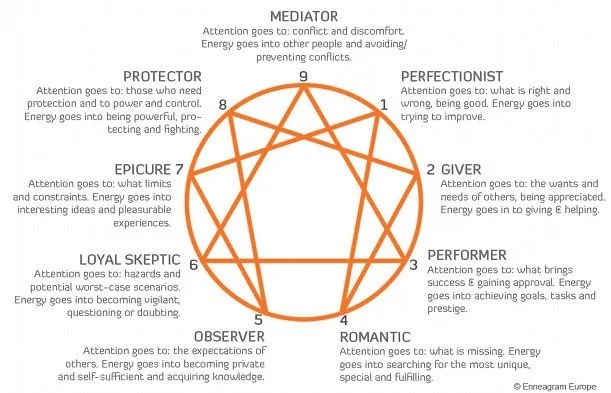My Services
Be advised I have a 24 hour cancellation policy. Any session cancelled within the 24 hour window client will be charged for the full session fee.
Therapist may offer a rescheduled time but it is not guaranteed.
Individual Therapy
(Ages 13+)
Most of us consider ourselves lucky to have one or two people in our lives that we can truly open up to without fearing they will abandon or judge us. Therapy can be a space that allows you to explore the shadow and light of your personality and psyche and process trauma with someone whose only motivation is to support and guide with acceptance and care. The need to feel seen and acknowledged as the complex people we are transcends age, culture, race, or gender and is an incredible gratifying and healing experience.
Couples Therapy
The relationships we hold with our partners and families are the ones that shape us the most. When they are going well we feel safe to take on the challenges of our lives, knowing they are there to support and love us through it. But when there is conflict and a lack of trust, our confidence wavers and we are often left with disillusionment, anger, and a sense of loss. Therapy could help couples bring clarity and insight into the negative dynamics effecting the relationships and from there they can develop a sense of how to grow and improve. A mix of patience and personal responsibility will be required to create lasting change but having the unconditional love and support of your loved ones is worth the effort.
“Perhaps the single most important therapeutic credo that I have is that an unexamined life is not worth living.” - Irvin Yalom
My Approach





